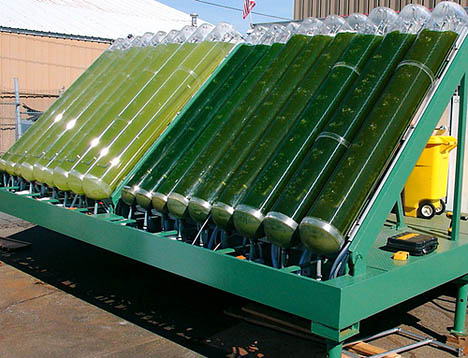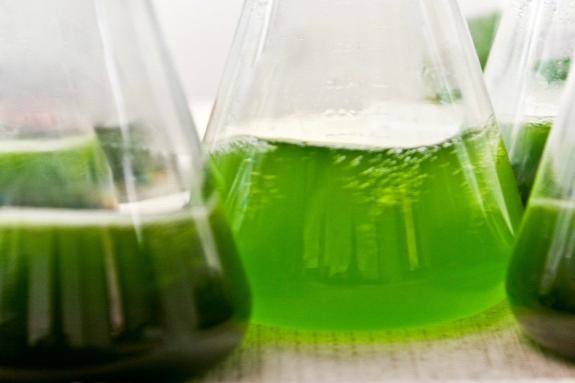Dimethyl ether (DME) is a clean energy source and as it generates no sulfur oxide or soot during combustion its environmental impact is low. Owing to its non-toxicity and easy liquefaction properties, DME is easy to handle and therefore can be used as a domestic-sector fuel (substitute for LPG), transportation fuel (diesel vehicles, fuel cell vehicles), power plant fuel (thermal plants, cogeneration plants, stationary fuel cells), and as a raw material for chemical products. The only current commercial process in use for the production of DME is via fixed bed catalytic dehydration of methanol. Because the process is relatively simple, this method is commonly used because of the low capital investment required and the availability of feedstock. However, this results in a DME cost that is by default more expensive than the price of methanol. In the direct synthesis process, DME is synthesized directly from the synthesis gas and also from CO2 hydrogenation. The greenhouse effect is a threat to the living environment of mankind. The transformation of CO2 into useful chemicals, e.g. DME, is an attractive way to protect the global environment since CO2 is an important greenhouse gas and DME itself is a useful raw chemical that can be used as a substitute for LPG and diesel. Research and development on technologies capable of mass-producing DME at low cost are being carried out by many companies.
Rahbord Energy Alborz Focus on DMEWith considering of our targets on sustainable development and obtaining clean environment, Rahbord energy co. has carried out many research on feasibility of DME production in direct methods specially from CO2 hydrogenation. We are sure that this method can be used to reduce CO2 emission and to produce DME as a substitute clean fuel.
Bio DieselBiodiesel is a liquid fuel made up of fatty acid alkyl esters, fatty acid methyl esters (FAME), or long-chain mono alkyl esters. It is produced from renewable sources such as new and used vegetable oils like corn, soybean, canola, jatropha - animal fats and microalgae and is a cleaner-burning replacement for petroleum-based diesel fuel. It is nontoxic and biodegradable. Biodiesel has physical properties similar to those of petroleum diesel.The interest in biodiesel as an alternative transportation fuel comes mainly from its renewable, domestic production; its safe, clean-burning properties; and its compatibility with existing diesel engines. Biodiesel can be legally blended with petroleum diesel in any percentage. The percentages are designated as B20 for a blend containing 20% biodiesel and 80% petroleum diesel, B100 for 100% biodiesel, and so forth. B100 and blends of B20 or higher qualify for alternative fuel credits under the Energy Policy Act of 1992


In order to make biodiesel, fats and oils are chemically reacted with an alcohol (methanol is most commonly used in the United States) to produce chemical compounds known as fatty acid methyl esters. Biodiesel is the name given to these esters when they are intended for use as fuel. Glycerin (used in pharmaceuticals and cosmetics, among other markets) is produced as a co-product. Biodiesel can be produced using a variety of transesterification technologies. The oils and fats are filtered and preprocessed to remove water and contaminants. If free fatty acids are present, they can be removed or transformed into biodiesel using special pretreatment technologies. The pretreated oils and fats are then mixed with an alcohol (usually methanol) and a catalyst (usually sodium hydroxide). The oil molecules (triglycerides) are broken apart and reformed into methyl esters and glycerin, which are then separated from each other and purified.
Our Policy on Bio DieselAccording to our policy alternative clean fuels, our research group has many works on feasibility of biodiesel production from vegetable oils and microalgae. This means that Rahbord energy consider and provide plans for large-scale plants on production of biodiesel from the existing sources. Rahbord Energy Alborz follows :selecting most economical raw material, best solution for separation Methanol from Bio Diesel, small scale fuel production, consuming CO2 and process optimization.
JatrophaA planet with high content vegetable oil. Jatropha was found in Africa first time but it can grow in Asia also. Jatropha produces oil more than any kind of planet.
It can also grow in hot and dry wetter and even could be irrigated by waste water.
Rahbord Energy considers Jatropha as a suitable solution for middle east